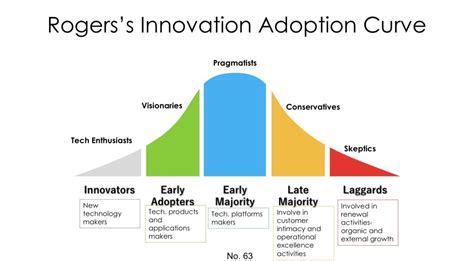In today’s rapidly evolving world, organizations and individuals alike are faced with the daunting challenge of adapting to constant change. To navigate this dynamic landscape, it is imperative to embrace the paradigm challenge – a shift in mindset that pushes us to question established norms and explore uncharted territories. By breaking free from conventional thinking, we can unlock unprecedented opportunities for innovation and growth.

Embracing the Unknown: The Power of Questioning Assumptions
The paradigm challenge begins with the courage to question long-held assumptions. These beliefs, often ingrained in our minds, can become barriers to progress. By challenging these assumptions, we open ourselves up to new perspectives and unconventional ideas. According to a study by McKinsey & Company, organizations that foster a questioning culture are 20% more likely to innovate successfully.
Expanding Our Horizons: Redefining Boundaries
The paradigm challenge requires us to expand our horizons beyond traditional boundaries. By breaking down silos and fostering collaboration, we can generate cross-functional ideas that challenge the status quo. For instance, in 2020, the World Economic Forum reported that 80% of businesses indicated an increased focus on cross-boundary collaboration in response to the COVID-19 pandemic.
Cultivating Curiosity and Experimentation: The Blueprint for Innovation
A paradigm shift requires a mindset that embraces curiosity and experimentation. By actively seeking knowledge, experimenting with new approaches, and analyzing results, we create an environment conducive to breakthrough innovation. According to the National Science Board, the United States invests over $600 billion annually in research and development, highlighting the importance of experimentation in driving progress.
Case Studies: The Transformational Impact of the Paradigm Challenge
1. Netflix: Redefining the Entertainment Industry
Netflix challenged the traditional television model by introducing streaming services, revolutionizing content consumption and opening up new avenues for filmmakers.
2. Tesla: Electrifying the Automotive Landscape
Tesla disrupted the automotive industry by developing electric vehicles, pushing the boundaries of technology and challenging the dominance of combustion engines.
3. Airbnb: Transforming the Hospitality Sector
Airbnb challenged the traditional hotel industry by connecting travelers with homeowners, creating a new peer-to-peer accommodation ecosystem.
The “Detension” Framework: A Novel Approach to Generating Ideas
To facilitate the paradigm challenge, we introduce a new word: “detensions.” Detensions refer to points of divergence or tension between different paradigms. By identifying these detensions, we can generate novel ideas for new applications and transformative solutions.
Practical Steps for Embracing the Paradigm Challenge
1. Question and Verify Assumptions:
Interrogate established beliefs, seek evidence to support them, and be open to challenging conventional wisdom.
2. Seek Diverse Perspectives:
Engage with individuals from different backgrounds, industries, and perspectives to gain a wider lens on problems.
3. Encourage Experimentation:
Create a culture of risk-taking and support the testing of new ideas, even if they fail.
4. Analyze and Iterate:
Regularly evaluate the results of experiments, draw insights, and make adjustments to improve the effectiveness of the paradigm challenge.
Tips and Tricks for Success
- Foster an open and inclusive work environment where questioning and experimentation are encouraged.
- Establish cross-functional teams to promote collaboration and the sharing of diverse ideas.
- Invest in research and development to explore new technologies and concepts.
- Partner with thought leaders and academics to gain access to cutting-edge knowledge.
- Celebrate failures as learning opportunities and encourage perseverance in the face of setbacks.
Conclusion
The paradigm challenge is not merely a concept; it is a mindset that empowers us to break free from the confines of conventional thinking. By embracing curiosity, questioning assumptions, and fostering collaboration, we can create an environment conducive to innovation and growth. The benefits of embracing the paradigm challenge are undeniable, as exemplified by countless case studies of transformative organizations. By stepping outside our comfort zones, we can unleash our full potential and shape a brighter future.
